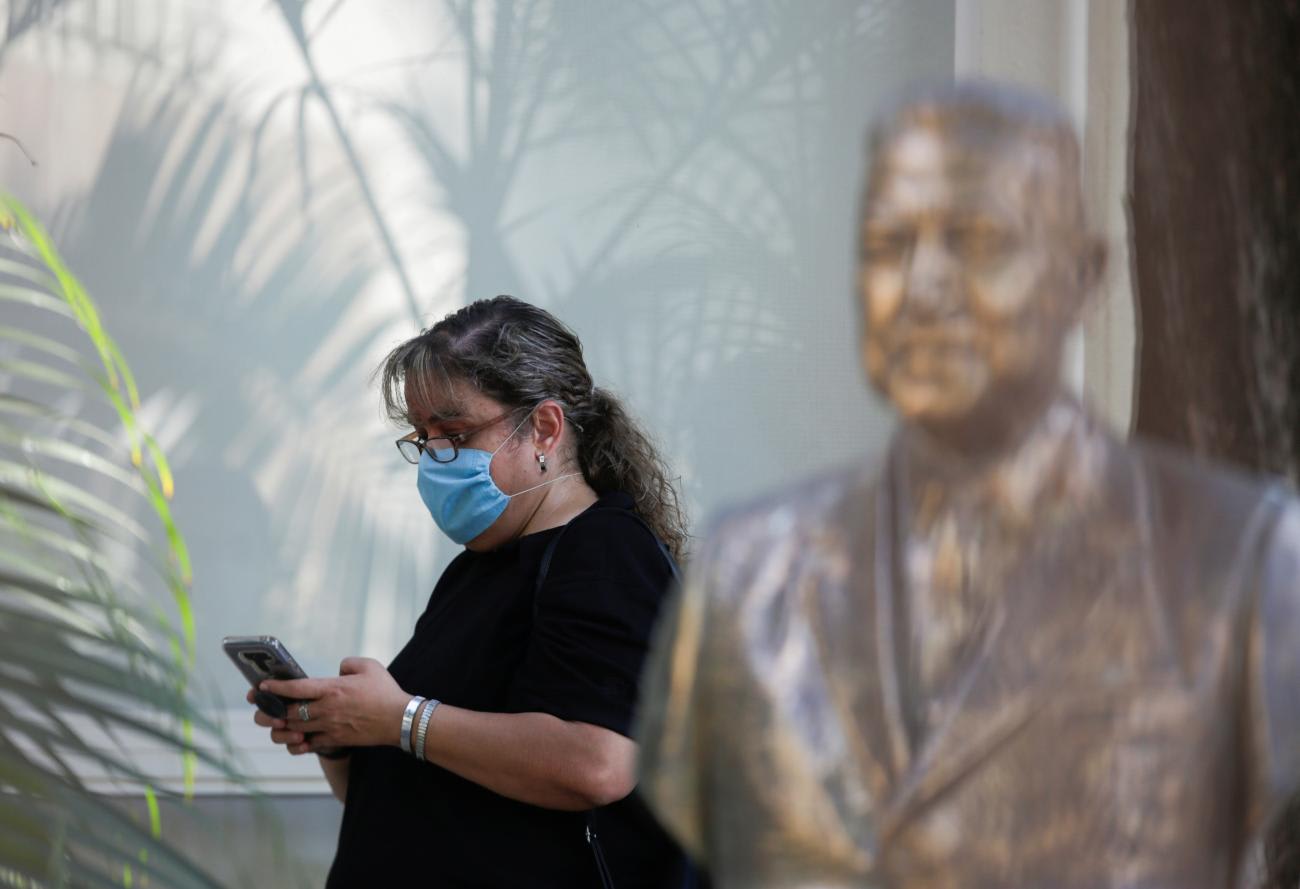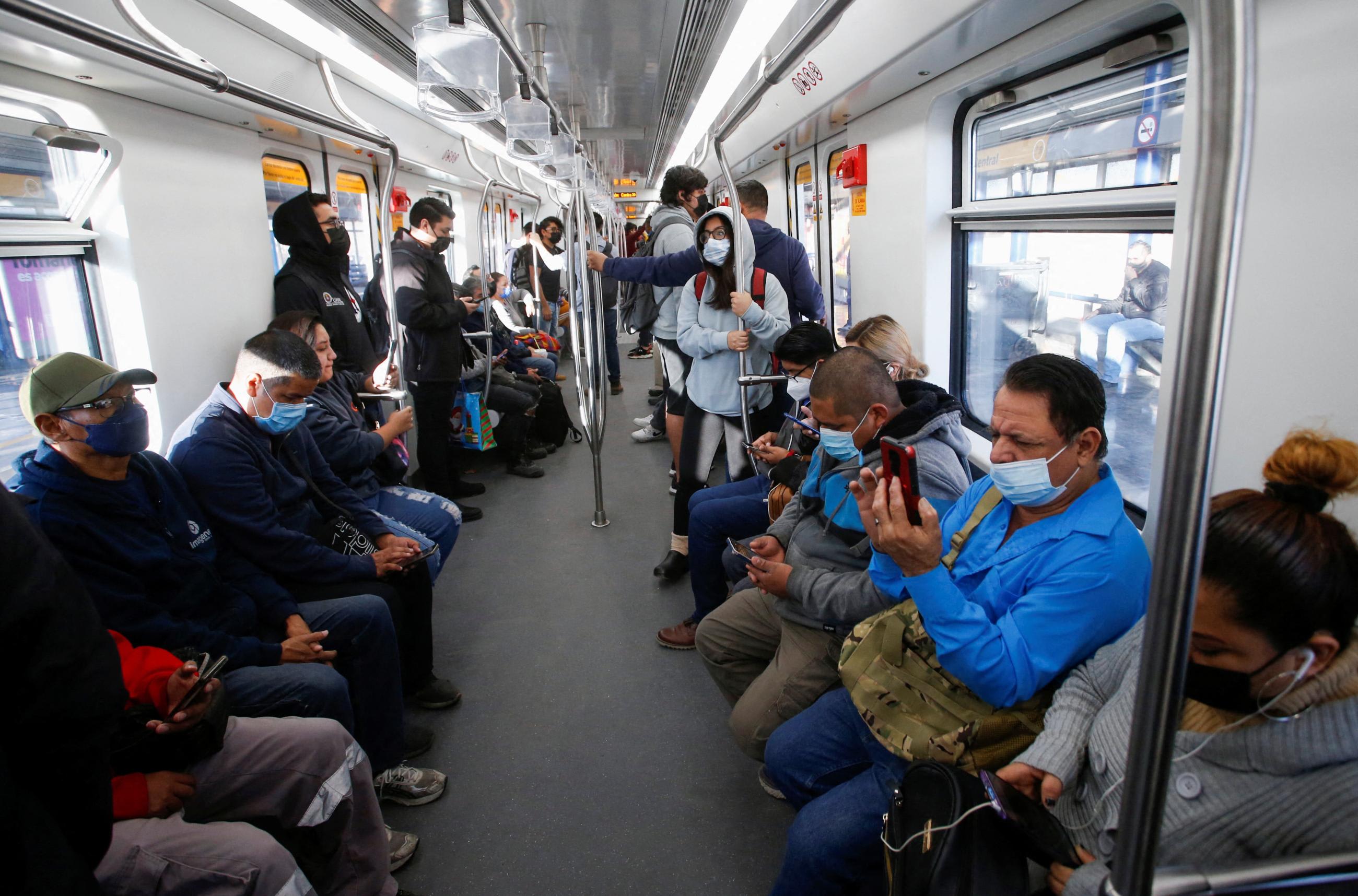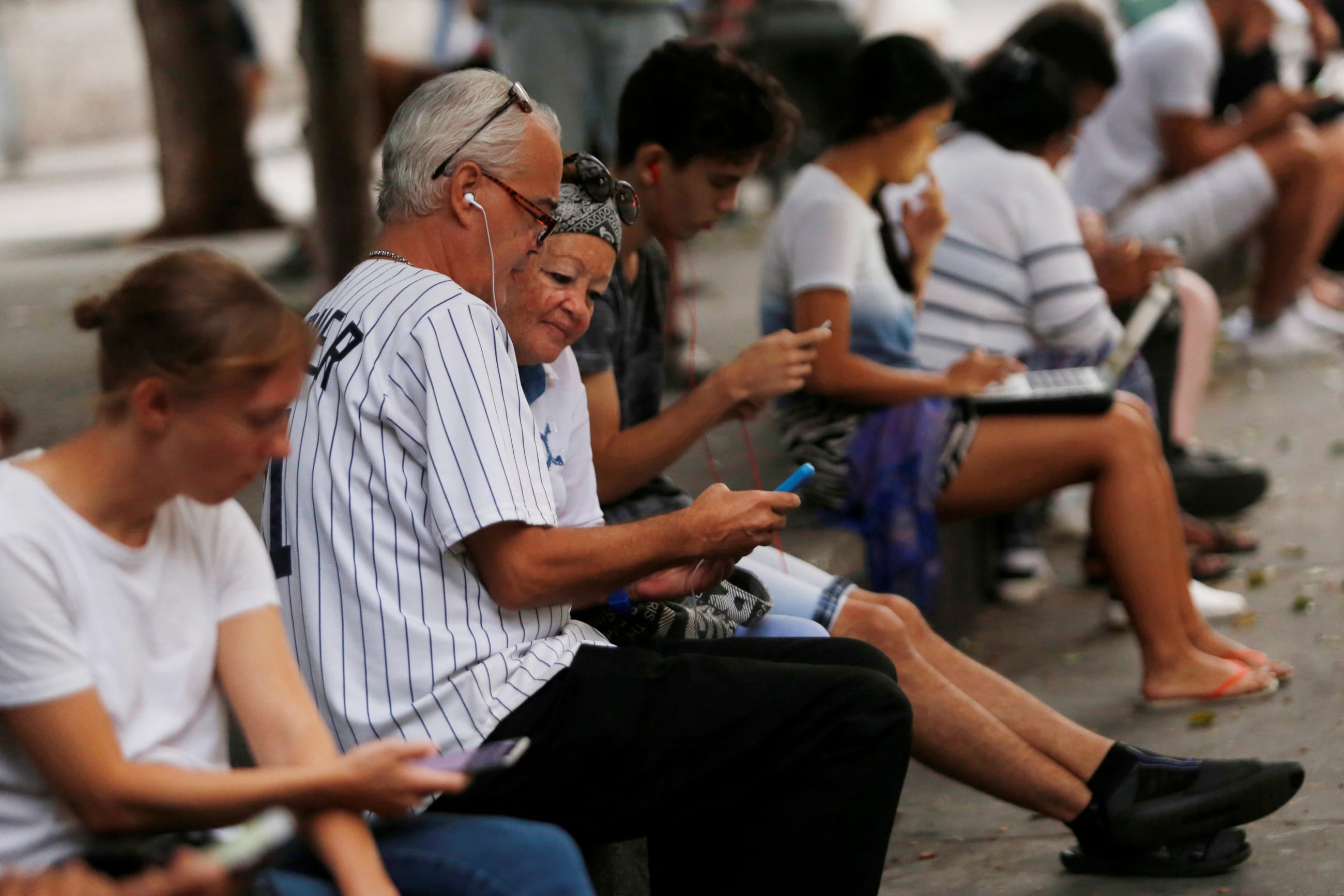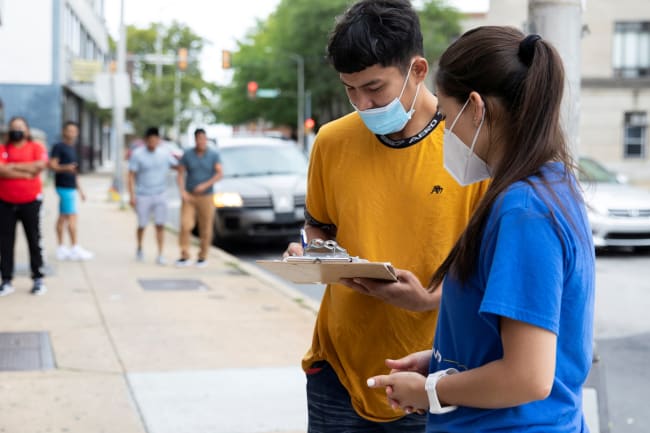Troll farms are organized groups of internet trolls—people who deliberately post controversial or provocative messages—designed to create and amplify lies, distort public opinion, or openly contradict facts. Increasingly, troll centers are no longer just a threat to democracy in general but have also become a danger to public health.
In Latin America, the rise of troll farms is fueling a dangerous cycles of disinformation and eroding trust in media, leaving audiences vulnerable to manipulation and unable to distinguish truth from deceit. This becomes even more critical when public health is at stake because false information can lead to harmful behaviors and outcomes.
The COVID-19 pandemic, for example, generated hundreds of posts promoting false remedies for the virus or discouraging the use of vaccines. Now, in the wake of Meta's recent decision to scale back fact-checking, experts warn that disinformation could grow even more, exacerbating these risks.
"We are seeing a shift from generating content across thousands of fake accounts to creating inauthentic digital media that mimic the behavior of journalistic outlets. With artificial intelligence, thousands of fake articles now emerge to support lies as if they were credible sources," says Alfredo Velazco, director of Usuarios Digitales, an NGO that monitors social media use and disinformation networks in Latin America.
Velazco has spent weeks assessing the Ecuadorian social media landscape and its relation to troll farms for a report. In Ecuador, a swarm of fake media outlets with their own branding and websites has been distributing fake news to counter President Daniel Noboa's efforts to curb gang violence ahead of the country's 2025 elections.
If troll farms control content creation, distribution, and verification, audiences will struggle separating facts and falsehoods
This swell of disinformation poses a greater challenge: If troll farms control content creation, distribution, and verification, audiences will struggle separating facts and falsehoods. When this happens, disinformation doesn't remain confined to politics. Areas such as public health become natural targets for troll farms.
Health disinformation is a growing challenge for Spanish-speaking communities, particularly in the United States. Carolina Bazante, a fact-checker and founder of the independent verification platform Lupa Media, notes that, within U.S. Latino communities, fake scientific information against vaccines is becoming increasingly common. "We can't do it alone," says Bazante, highlighting the fact that educating audiences is crucial.
Disinformation could escalate under the new U.S. administration if divisive rhetoric or inconsistent public health strategies create opportunities for bad actors to exploit. Tools such as community notes, a feature on X where users collaboratively fact-check posts to help combat disinformation, have shown some promise in fighting false claims, but many view the system as inadequate—suggesting that the onus of fact-checking should not be placed on a handful of ordinary users. It's a battle that requires everyone's participation, not just that of experts.
Meta's recent decision to shift to a third-party fact-checking model has similarly been criticized. Commentators warn that this move could leave a void in the fight against disinformation, especially about health, amplifying the need to strengthen third-party fact-checking.

Manufacturing Health Disinformation
Many Latin American troll farms were established during the pandemic to help politicians spread fear and indignation using health disinformation to weaken trust in the political rivals, especially those in charge of public health, to manage the crisis effectively.
Mariela* runs operations from her home in Guayaquil, Ecuador, where she oversees the work of 62 trolls who run campaigns in Argentina, Chile, Colombia, the Dominican Republic, Ecuador, Mexico, Panama, Peru, and Spain. Employees earn anywhere from $400 to $2,500 a month. In Ecuador, where the average monthly salary is around $600, working as troll is a lucrative career option for many. Earnings depends on workload, skills, and results—a post that goes viral is worth more than one that doesn't.
Mariela says her company's strategy falls into two baskets: attack or defense. Sometimes work requires uploading videos to falsely link someone, usually a client's political opponent to corruption or drug trafficking. Other times, it's flooding clients' posts with positive comments to create a positive public image. Mariela describes most of her clients as "high-level politicians concerned about their reputation."
Enrique*, one of Mariela's competitors, who has been in the business for at least a decade, recalls one disinformation campaign his company ran during the pandemic from his office in Mexico City, Mexico.
"One of our clients often asked us to viralize [to spread content on social media] images we found online to claim that there were piles of decomposing corpses, or false statements purporting to be from Mayor Cynthia Viteri [then mayor of Guayaquil, one of the cities hardest hit by the pandemic] saying that the dead would be buried in mass graves. The idea was to capitalize on the horror of the pandemic." Viteri faced a drastic drop in approval ratings and, in 2023, lost her reelection bid.
They amplified disinformation, creating the illusion of widespread public support and trust in these unproven treatments
Comment threads are also appealing to trolls.
"People need to reaffirm what they think," Mariela explains. "That's why they read comments, to confirm or modify their interpretation.'
During the pandemic, Mariela's team flooded comment threads on social media posts promoting ivermectin and hydroxychloroquine as miracle cures for COVID-19. They spammed social media platforms with comments such as "This saved my cousin's life!" or "Doctors don't want you to know about this because it's cheap and effective." They amplified disinformation, creating the illusion of widespread public support and trust in these unproven treatments.
Professional trolls still have ethical limits. Enrique, for example, never gets involved in "family matters: lovers, sexual preferences, that sort of thing." Mariela claims to have stricter boundaries: "Never with sexual abusers, doctors accused of malpractice, or drug trafficking." Beyond those exceptions, trolls are open to working with almost any public figure, from artists to sports players and, of course, politicians. Clients come after being recommended by a friend of a friend because none of the agencies ever advertise themselves.
When asked whether they trusted the media, one troll farm employee replied, "After everything I've seen? No. I don't trust the media. I don't trust anyone anymore."

EDITOR'S NOTE: Names have been changed to protect privacy.












